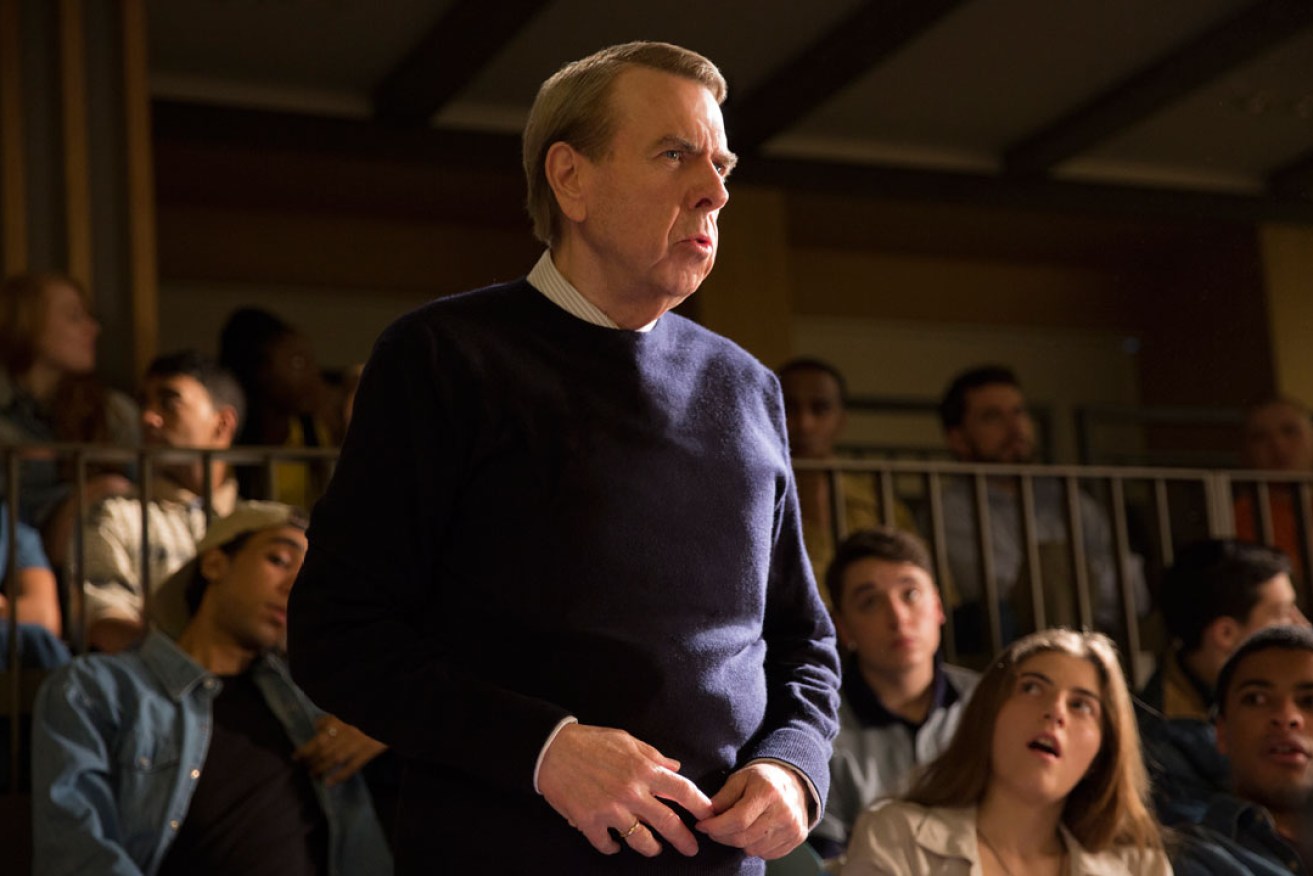Film review: Denial
Starring Rachel Weisz and and Timothy Spall, Denial re-enacts a real-life British courtroom battle involving Holocaust denier David Irving.

Timothy Spall as David Irving in Denial.
In 1996, British historian David Irving filed a lawsuit against author Deborah Lipstadt and her publisher Penguin Books, claiming that she had libelled him multiple times in her book Denying the Holocaust: The Growing Assault on Truth and Memory.
The case was heard in the High Court in England, where the burden of proof is on the accused. This threw Lipstadt (Rachel Weisz) into a legal system that is portrayed not so much Dickensian as “Kafka-esque”.
The writer and her representatives found themselves having to prove Irving’s wilful distortion of history by examining his claims against the record of what happened in Nazi Germany.
Based on Lipstadt’s book History on Trial: My Day in Court with a Holocaust Denier, Denial has been adapted for the screen by David Hare and is directed by Mick Jackson (Volcano, The Bodyguard, LA Story).
Weisz – who replaced Hilary Swank, the director’s original choice for the lead role – delivers an energetic performance, but you can feel the strain of holding up the American accent.
Timothy Spall’s portrayal of Irving merits fulsome applause, fluctuating from glib to creepy and pathetic. The script paints Irving as dangerous precisely because he takes so little of this seriously: like a facile schoolboy in debating club.
It’s Lipstadt and her counsel, Anthony Julius (Andrew Scott), who grasp the importance of the case in discrediting anti-Semitic lies and closing the door on all the Irvings of the future. The film apparently stays true to the actual events, with much of the courtroom dialogue being taken verbatim from the court records.
As a courtroom drama, Denial is always intriguing. Beyond the court, however, the storytelling is flat.
By the end of the film, it’s gratifying to see a real-life snake-oil salesman like David Irving get taken down. (He’s now hawking holiday tours of concentration camps – and no, that’s not a tasteless joke.) Unfortunately, the larger issue of how we might combat that threat of historical lies becoming “truth” does not get the attention it deserves.
The facts of this real-life case are enough to maintain interest, but a film adaptation has the potential to go far beyond the re-enactment Denial delivers.




